Please use this identifier to cite or link to this item:
https://hdl.handle.net/20.500.12348/5662
CIAT | Accelerating Impacts of CGIAR Climate Research for Africa (AICCRA Project) - MALI. Online technical report: January 2022 to December 2022
| dc.creator | Yossa, R. | en_US |
| dc.date.accessioned | 2023-11-20T21:54:38Z | |
| dc.date.available | 2023-11-20T21:54:38Z | |
| dc.date.issued | 2023 | en_US |
| dc.identifier.citation | Rodrigue Yossa. (11/2/2023). CIAT | Accelerating Impacts of CGIAR Climate Research for Africa (AICCRA Project) - MALI. Online technical report: January 2022 to December 2022. | en_US |
| dc.identifier.uri | https://hdl.handle.net/20.500.12348/5662 | |
| dc.description.abstract | Mali is a rice basket in West Africa, providing a substantial amount of the region's rice supply, but is also highly vulnerable to climate variability and change. AICCRA-Mali aims to strengthen the technical, institutional, and human capacity required to accelerate the wide-scale adoption of climate-smart agriculture and climate information services packages by hundreds of thousands of men and women farmers in Mali. The project focuses on rice and associated speculations (legume, vegetable, tuber, fish, and tree) value chains and pursues to enhance resilience to drought and flooding in rainfed systems and cold and water scarcity in irrigated systems. Led by AfricaRice and with CGIAR partners, and national public and private stakeholders, AICCRA-Mali addresses the current data limitation for both on-farm decision support and research investment and policy decision making via climate risk mapping and near-real-time rice crop monitoring and climate change impact assessment; improved access to demand-driven, cost-effective, and timely climate services; and strengthened capacities of the National Meteorological Agency (Mali-Meteo) in real-time services. AICCRA-Mali builds on existing work that introduced and validated CSA technologies in Mali and will deploy well-established frameworks to prioritize gender and social inclusive packages that best fit local biophysical and socio-economic contexts. Sustainable financing mechanisms including business models will be piloted and policy briefs developed for integrating best fit and gender-inclusive options into advisory services. Local capacity will also be strengthened in improved water and irrigation systems management, climate-resilient storage facilities, and processing technologies, while promoting gender and nature-based solutions, community-based measures, governance, and organization. | en_US |
| dc.format | en_US | |
| dc.language | en | en_US |
| dc.rights | Copyrighted; all rights reserved | en_US |
| dc.subject | rice fish systems | en_US |
| dc.title | CIAT | Accelerating Impacts of CGIAR Climate Research for Africa (AICCRA Project) - MALI. Online technical report: January 2022 to December 2022 | en_US |
| dc.type | Donor Report | en_US |
| cg.contributor.funder | International Center for Tropical Agriculture | en_US |
| cg.contributor.project | Accelerating Impacts of CGIAR Climate Research for Africa (AICCRA Project) - MALI | en_US |
| cg.coverage.country | Mali | en_US |
| cg.coverage.region | Western Africa | en_US |
| cg.subject.agrovoc | climate | en_US |
| cg.subject.agrovoc | climate-smart agriculture | en_US |
| cg.subject.agrovoc | Rice | en_US |
| cg.subject.agrovoc | Fish | en_US |
| cg.contributor.affiliation | WorldFish | en_US |
| cg.identifier.status | Timeless limited access | en_US |
| cg.contribution.worldfishauthor | Yossa, R. | en_US |
| cg.description.theme | Climate Change | en_US |
| cg.identifier.url | https://mel.cgiar.org/dspace/limited | en_US |
| cg.creator.id | Rodrigue Yossa: 0000-0003-4792-0173 | en_US |
Files in this item
This item appears in the following Collection(s)
-
Climate Change [204]
